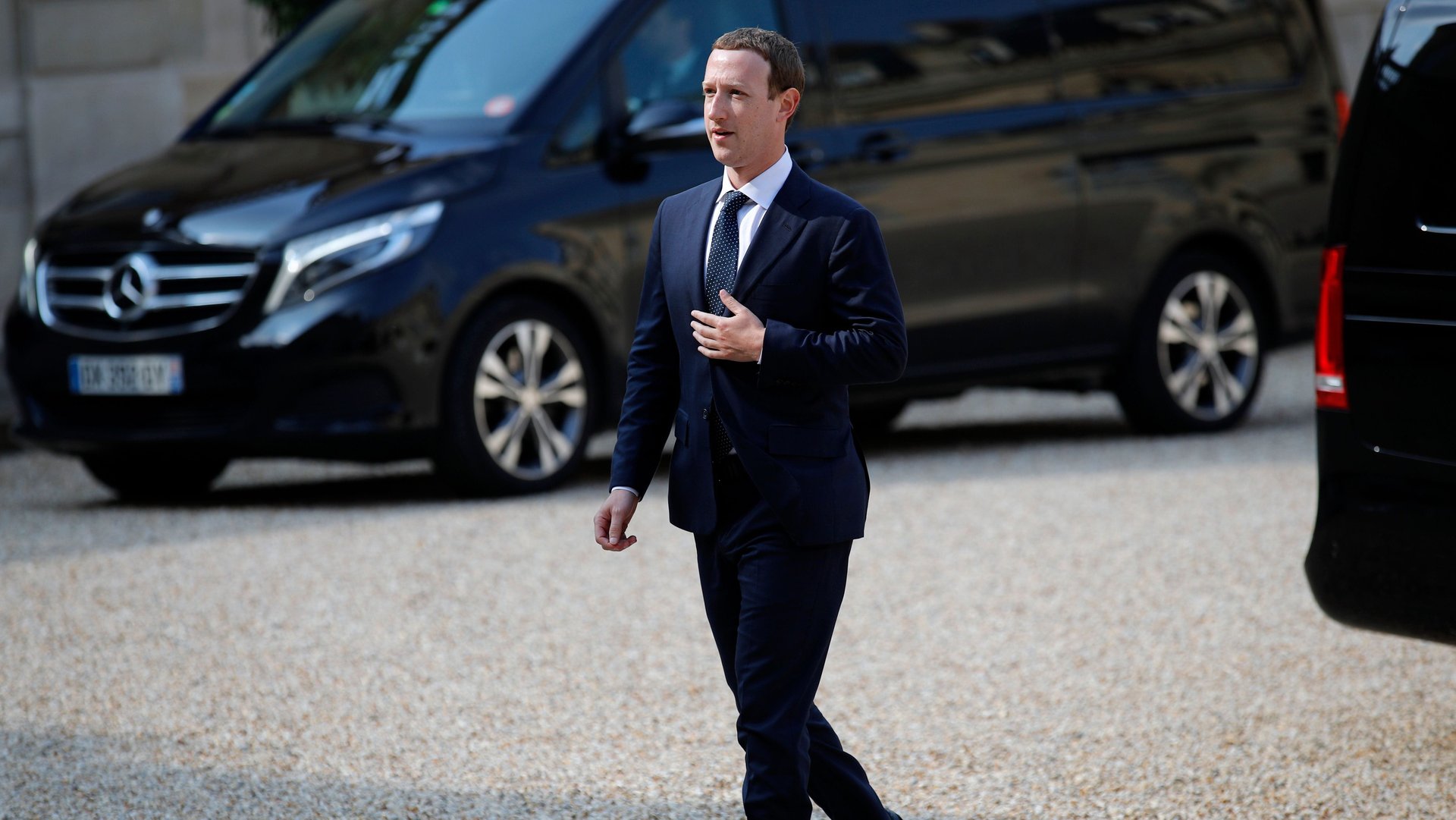Facebook needs the time-out it got from Wall Street
Over the past several earnings seasons, Facebook’s story has been its Teflon-like ability to shrug off controversy. The company kept growing, and posting record revenues, even as it was lambasted over foreign interference in elections, spreading misinformation and harmful content, and compromising its users’ privacy. This quarter, that Teflon has cracked.


Over the past several earnings seasons, Facebook’s story has been its Teflon-like ability to shrug off controversy. The company kept growing, and posting record revenues, even as it was lambasted over foreign interference in elections, spreading misinformation and harmful content, and compromising its users’ privacy. This quarter, that Teflon has cracked.
Facebook narrowly missed analyst expectations on its second-quarter earnings Wednesday. Although company execs have been warning about a slowdown for months, the miss still sent Facebook’s stock price into a historic tumble. Investors are worried because Facebook says growth will keep slowing, and margins will diminish as it addresses privacy challenges.
That’s a logical concern for a company that spent years touting the breakneck pace of its growth. But Facebook already has 2.5 billion people using at least one of its platforms every month—one-third of the world’s population, or 70% if we’re just talking about people with internet access. A company that big can’t possibly keep growing at the same rate. Really, isn’t it about time for Facebook to hit a wall?
Facebook membership is stagnant in the (particularly profitable) US and Canada market and falling in Europe after the passage of new privacy laws. It’s still rising in Asia— except in China, an enormous market the company likely won’t be able to crack for a while.
Overall, Facebook’s business is still growing, and its other platforms have a lot more potential to expand. But its relentless pursuit of growth has created a host of problems with real, life-and-death consequences.
The dismal day on Wall Street is a perfect chance for Facebook to renew focus on the quality of its products. If the company can’t make its main platform much bigger, perhaps it can make it enjoyable again, instead of an often-toxic necessity. Maybe Facebook can address Instagram’s harmful effects. Perhaps it can figure out a way to check the power of WhatsApp’s deadly rumors.
Mark Zuckerberg has warned that Facebook’s bottom line would take a hit while the company focused on fixing its problems. But his biggest challenge yet may be convincing investors that bettering humanity—not just signing all of it up for a Facebook account—is itself a strong value proposition.